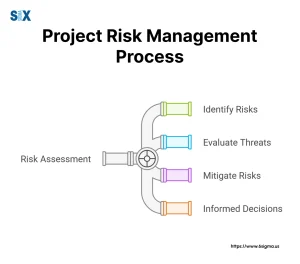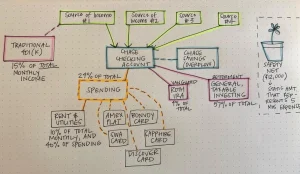
Businessman presenting financial analysis with charts generated by big data displaying international success and dollar signs
There are several different finance areas of interest. Some people study business strategy, others focus on corporate finance, while still others study the economics of commodities and derivatives. It is important to find a finance program that meets your interests and goals. If you’re interested in a particular finance area, consider talking to an advisor.
Personal finance includes banking, which involves managing individual checking and savings accounts, using online and mobile payment services. Corporate finance, on the other hand, deals with the financial activities of a corporation. Large companies hire professionals to oversee their finances. These professionals work with outside contacts to determine the capital needs of the company and to determine the best way to finance them. They may also work with traders to determine the best options for raising capital.
The financial world can be challenging, but the rewards are great. You’ll need good quantitative, analytical, and computer skills to land a good finance job. Most finance positions require at least a four-year degree. In addition to business-related courses, you’ll also need a strong background in statistics and economics.
For students who enjoy business, finance is an excellent choice. Whether you’re interested in managing the money of a business or creating your own individual financial plan, a degree in finance will allow you to look at the big picture of the financial market and make wise financial decisions. People who excel at these jobs should be detail-oriented, organized, good communicators, have strong analytical and mathematical skills, and think long-term.
As a finance professional, becoming a member of a financial association is a great way to keep up with current trends and learn more about the field. For example, the National Association of Insurance and Financial Advisors is an excellent place to network and stay current. Moreover, the American Finance Association focuses on academic study of finance and publishes journals and educational resources.
There are many different finance careers, but the best one for you is the one that suits your interests and strengths. By choosing a finance career that combines your interests and skills, you can ensure a successful career and stand out amongst other applicants. To help you decide which one is right for you, here are 11 finance career areas you should know about.
A bachelor’s degree in finance gives you a basic understanding of financial concepts and gives you a solid foundation for a career in finance. Graduates of this program can pursue various financial roles, including financial manager, credit manager, or controller. Depending on the area of interest, you could even pursue a master’s degree in finance or an MBA.
A career as a financial analyst requires strong analytical skills, strong communication skills, and the ability to handle high levels of stress. Financial analysts typically need to hold a four-year degree in finance and eventually become CFA certified or a FINRA-licensed analyst. Most financial analysts have at least a master’s degree, but they might also choose to work in the public sector or academia.







